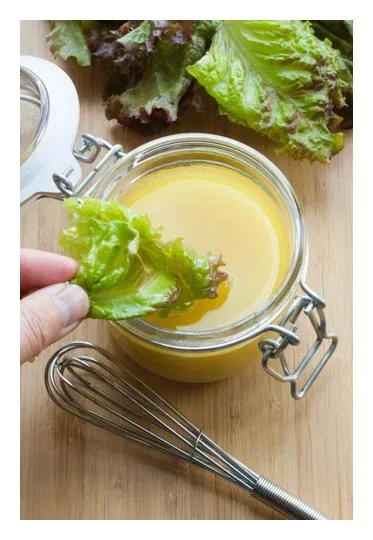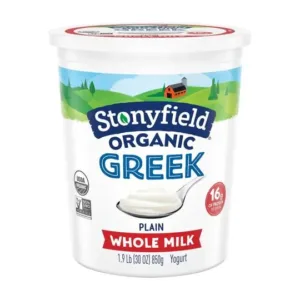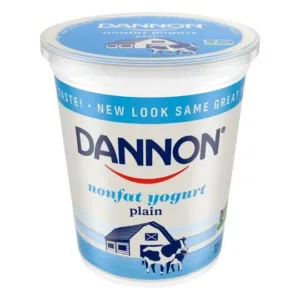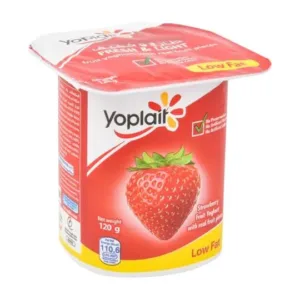
Keto Verdict: Homemade Cooked Salad Dressing
As the popularity of the keto diet surges, many of us are left questioning whether our favorite food items align with this high-fat, low-carb regimen. Today's focus is homemade cooked salad dressing. This creation, often a beautifully balanced blend of oil, vinegar, herbs, and spices, undoubtedly adds flavor to those wholesome salad greens. Yet, the pressing question remains: Is homemade cooked salad dressing keto-friendly?
Understanding the Keto Diet
Before delving into the specifics of homemade cooked salad dressing, it's pivotal to grasp the underlying principles of the ketogenic diet. This diet mainly emphasizes high fat (about 70-80% of daily caloric intake), moderate protein, and extremely low carbohydrate intake (generally below 50 grams of net carbs per day). The goal? To switch your body into a state of ketosis, where it utilizes fat as its primary energy source rather than carbohydrates.
Nutritional InformationPer (1 Tbsp (16.0g)):
Per 100g:
| 
Homemade Cooked Salad Dressing is very keto-friendly! It's a great choice if you're trying to maintain ketosis. |
Homemade cooked salad dressing offers a diverse range of flavors to the palate and different nutritional benefits to the body.
Primarily, the carb content of your homemade dressing would be dependent on the ingredients you use in preparation. Keeping a close eye on the carbohydrate count of each component helps ensure that your dressing is keto-friendly.
If your dressing is made of herbs, vinegar, and healthy oils such as olive or avocado oil – ingredients that are generally very low in carbs – your homemade salad dressing will most likely fall within the 0-3g per serving carb range making it a very keto-friendly choice.
Just as asparagus is packed with fiber, vitamins, and minerals, many common ingredients in homemade salad dressings, like garlic, mustard, and lemon, are also rich sources of antioxidant compounds. Beyond the macronutrients, these ingredients provide beneficial micronutrients, including Vitamin E, Vitamin K, and small amounts of Vitamin A, to name a few.
Remember, while homemade dressing can certainly complement a keto lifestyle, moderation is crucial to maintaining ketosis, particularly with higher carb ingredients.





